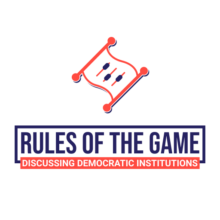Podcast
The Rules of the Game Podcast discusses and compares democratic institutions from around the world. Institutions are the rules of the game of our societies that direct our everyday lives in fundamental ways. They determine whether we live in a free or repressed society – whether we can make our voices heard. Democracy is a constant struggle for political and economic privilege and power; a struggle to amend the rules of the game. The question is who in society has the authority and legitimacy of rewriting the constitution, or introducing legislation. Researchers, grass-roots political activists and politicians will join me on this journey dissecting the struggle for fair representation in parliament, accountable executive governments, impartial justice, and direct democratic participation. Incorporating personal anecdotes in the struggle for democracy makes the podcast even more fascinating and entertaining.
List of Episodes
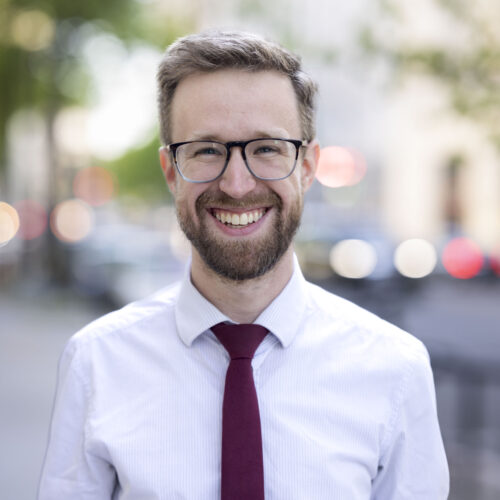
With Colin Cole I discuss the work of More Equitable Democracy, a racial justice organization to advance racial equity by transforming electoral systems. As the US electoral systems are almost exclusively built as winner-take-all elections that serve only the two parties in power, they don’t deliver fair representation. But how can more minorities’ representatives be elected into state parliaments, city councils and finally the US Congress?
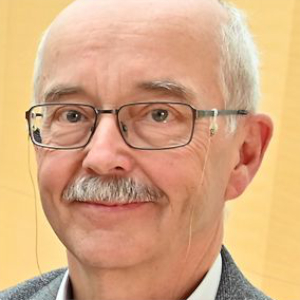
With Friedrich Pukelsheim I discuss double proportional representation. Since 2006 the Canton of Zurich in Switzerland uses double proportionality to elect its 180 members of parliament. Friedrich Pukelsheim was invited to design an electoral system that would deliver on the promise of overall proportional representation in the canton while keeping the existing electoral districts since they are meaningful social and geographic entities.
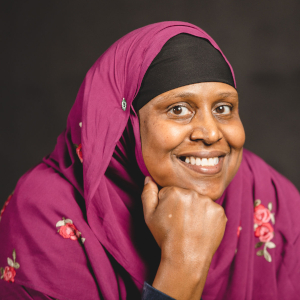
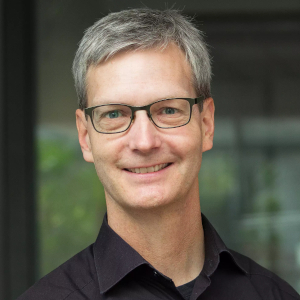
With Armin Schäfer I discuss Germany’s mixed member proportional electoral system and its current reform. We compare the old and the prospective new electoral system, and we explore what the most important and the most controversial changes are. Armin Schäfer shares not only historical context of the character of Germany’s political system but also his opinions on the reform process.
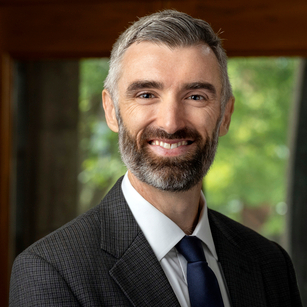
With Kevin Elliott I discuss how democracy could be designed for busy people based on his new book Democracy for Busy People. The question being how we can simplify democracy and reduce its demands, while simultaneously enhancing its democratic nature.
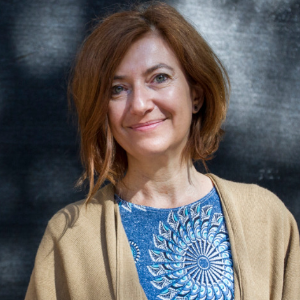
With Yanina Welp I discuss different ways of how direct democratic institutions have been applied in Latin American countries – both in fundamentally democratizing processes but also power grabbing incidents. In particular, we talk about the cases of Chile, Bolivia, Ecuador, Uruguay and Venezuela, based on Yanina’s extensive research and deep knowledge.
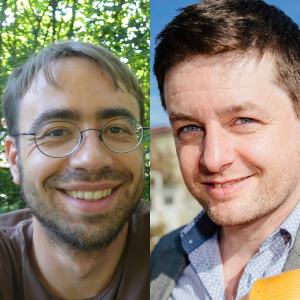
With Rodan Bury and Charly Pache I discuss their initiative to inaugurate a Citizens’ Chamber in the Canton of Vaud in Switzerland. The idea of the Citizens’ Chamber is to complement the existing unicameral parliament with topic-specific citizens’ assemblies, for which members are selected by sortition. The goal of the Citizens’ Chamber is to enable citizens to directly participate in legislative processes.
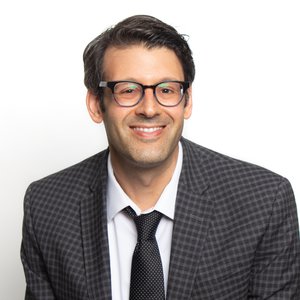
With Lee Drutman I discuss how proportional representation can break the two-party doom-loop that is spiraling in the U.S. Lee co-founded the organization “Fix Our House” with Charlotte Hill and Eli Zupnick, that specifically campaigns for proportional representation for the U.S. House of Representatives. We spend less time talking about the problems of the outdated first-past-the-post system, yet more time on possible solutions.
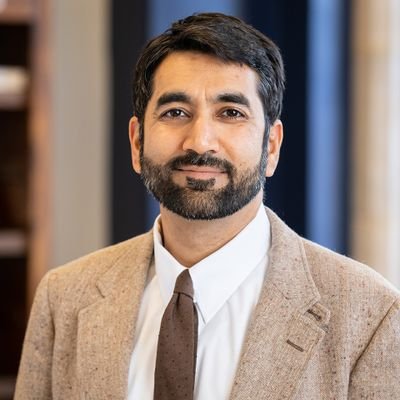
With Luai Allarakia I discuss Kuwait’s political system and institutions. He lays out the most important developments since its constitution was written in 1962. So in this conversation we really take the time to go into some detail of Kuwait’s institutions and I think it’s really worth it to talk about the specificities that are partly similar and partly different from a well-established democracy.
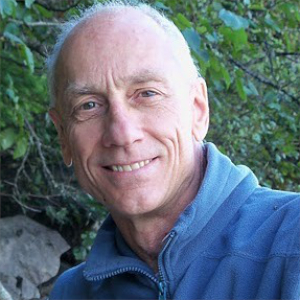
With Réal Lavergne I discuss the efforts of Fair Vote Canada to push for electoral reform. He shares the frustrations and problems that come with the first-past-the-post electoral system and how Fair Vote Canada tries to bring change to the balance of power.
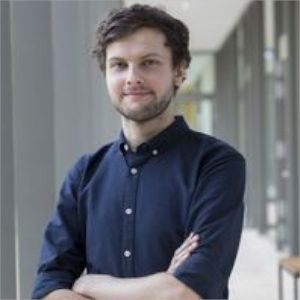
With Jan Renner I discuss current developments of direct democracy in Germany, and especially in Bavaria, his home state. Bavaria is the most advanced German federal state when it comes to direct democracy. Jan explains the specific direct democratic tools that are available and how Mehr Demokratie, the organization he works for, tries to change the rules of direct democracy to make citizen participation and decision making easier and better.
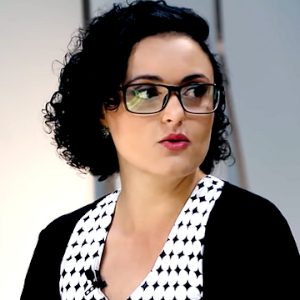
With Larissa Peixoto Gomes I discuss Brazilian democratic institutions from a feminist perspective. Based on her research and personal experiences, she shares with us the difficulties that women in politics face and how institutions and conditions make it hard for them to win political office.
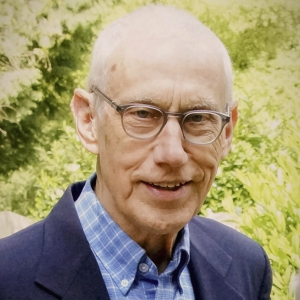
With Arend Lijphart I discuss some of the fundamental questions regarding democratic institutions based on his seminal book “Patterns of Democracy: Government Forms and Performance in Thirty-Six Countries”, that he first published in 1999 and then updated in 2012.
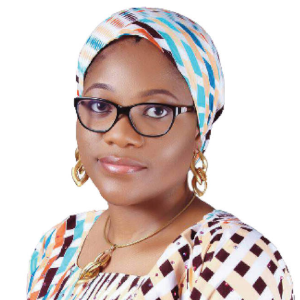
With Idayat Hassan I discuss the state of democracies in West Africa. She is the Director of the Centre for Democracy and Development (CDD), an organization that is advocating for democratic reforms across the West African Region, and based in Abuja, Nigeria. Ever since its foundation in 1997 it has remained a bridge building institution between policymakers, civil society activists, and academics in West Africa.

With Wietse Van Ransbeeck I discuss citizen participation at the local government level. Wietse was discouraged by the existing possibilities to participate in local political processes in his home town in Belgium, and he didn’t want to become a politician. So he founded CitizenLab that provides digital tools and services for local governments that want to integrate the citizens’ opinions and knowledge in local policies.
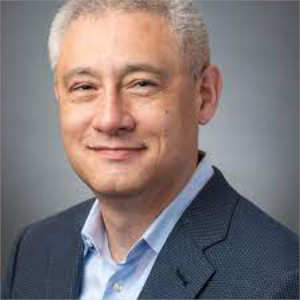
With John Matsusaka I discuss direct democracy, based on his latest book “Let the People Rule: How Direct Democracy Can Meet the Populist Challenge”. We discuss the possibilities and pitfalls of direct democracy, and – based on his extensive research – John provides insights and opinions on direct democracy in the US and in general.

New Zealand’s electoral reform of 1996 is an important case to know and understand for anyone interested in institutional change. With Jack Nagel I discuss how New Zealand moved from a Westminster type first-past-the-post system to a mixed-member proportional representation (MMP) system.
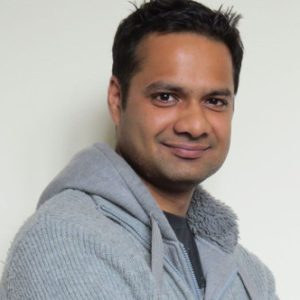
With Tarunabh Khaitan I discuss “Moderated Parliamentarism”, a concept of a system of government that he describes in great detail in a paper titled “Balancing Accountability and Effectiveness: A Case for Moderated Parliamentarism”. It seeks to combine the most attractive elements of different regime types and electoral systems.
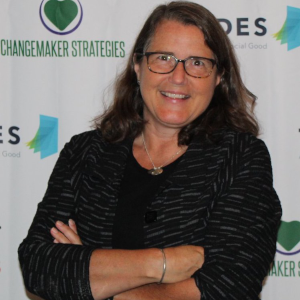
Women occupy only 24% of seats in the U.S. Senate, and 28% of seats in the U.S. House of Representatives. Only 18% of governors are women. With Cynthia Richie Terrell I discuss the representation of women in politics. The discussion touches on many different aspects of electoral systems, the role of women in politics and society, and the strategies that RepresentWomen adopted to push to improve women’s political power in America.
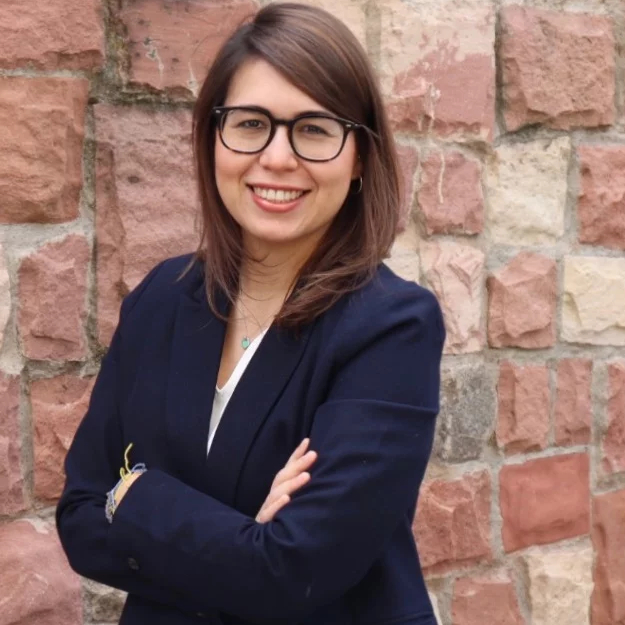
With Maryhen Jiménez I discuss how Venezuela transitioned from a weak democratic system in the 1990s to an authoritarian regime. She walks us not only through major political developments prior to the 1999 constitution, but provides fascinating insights into how Chávez was able to capture and concentrate power while the opposition tried to use institutional and extra-institutional means to regain control of the political process.
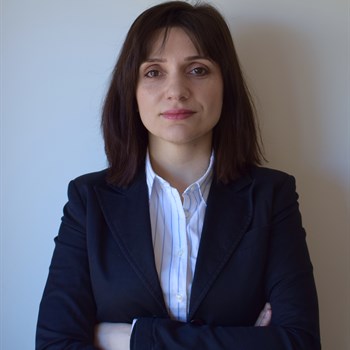
With Esra İşsever-Ekinci I discuss Turkey’s democratic backsliding. She explains what steps the governing Justice and Development Party (AKP) took to secure their power grab. Changing the democratic institutions was an essential part of preserving power, so that now it looks unlikely that the opposition forces are able to seriously challenge this power in the upcoming elections in the 2023 general elections.
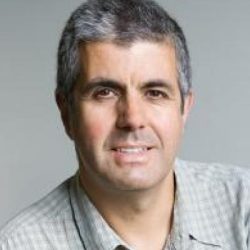
Brazil’s democratic journey has been one of great hopes and progress, yet also one of disappointments and distrust in democratic institutions. With José Antonio Cheibub I discuss some of the principal democratic institutions of Brazil. Many feared President Bolsonaro would disassemble the democratic institutions, yet he has been mostly held in check.
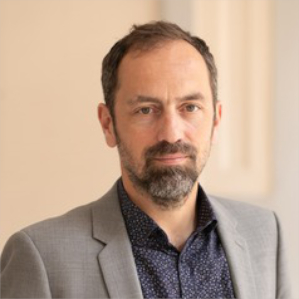
With Emiliano Grossman I discuss the electoral systems used in the French democracy, both for the presidential and legislative elections. We dive into the historical roots of the Fifth Republic that introduced many of these institutions in 1958 and how they evolved over time. Emiliano explains how they affect representation, the political party landscape and parties’ strategies to win votes.
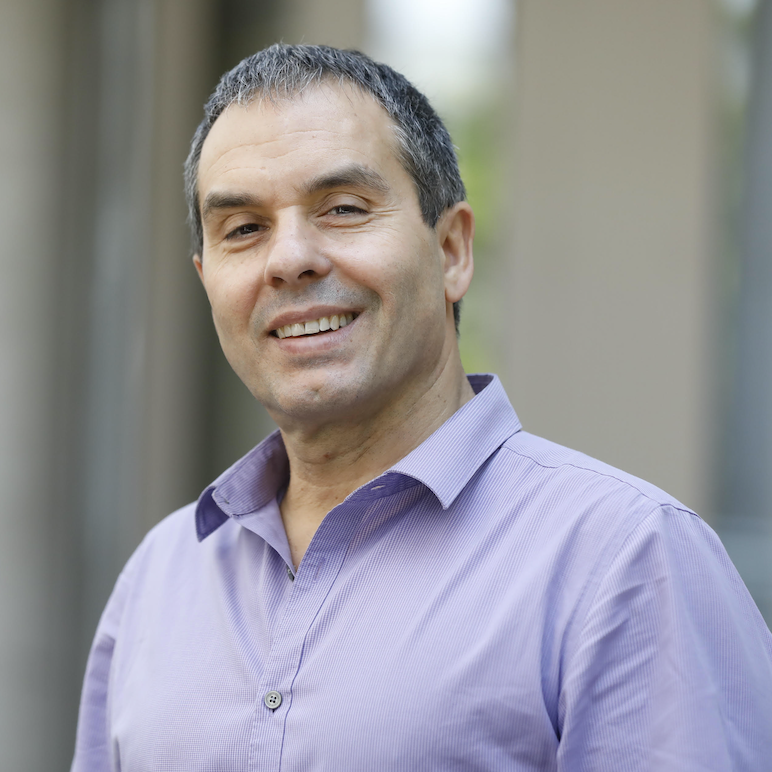
The draft of the new constitution of Chile is now published. It has been a process of inspiration and hope, but also of controversies, and especially of hard constitutional work. With Gabriel Negretto I discuss the main political institutions of the new constitution. He describes the ups and downs, and the milestones that were reached by the convention.
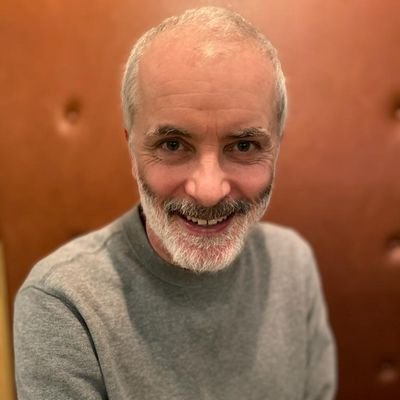
What most people think of when they hear deliberative democracy probably are citizens’ assemblies. With Ian O’Flynn, I discuss various forms of deliberative democracy, from parliaments, to deliberative polls, to citizens’ juries, and the most well-known the citizens’ assemblies. Mini-publics may likely further develop as an institution of modern democracies, complementing representative democracy and direct democracy.
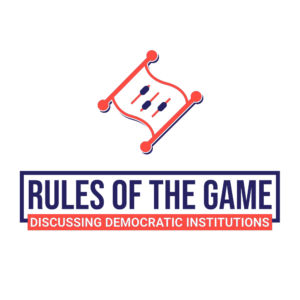
Federalism is power-sharing among regions and the central government of a country. It is the vertical division of power. It’s a joint agreement of regions, of states, of communities, that leaves the sub-national governments the choice and possibility to find their own appropriate, tailor-made governance solutions for its communities. Federalism can only work with strong democratic institutions. It is crucial that institutions represent and balance the people’s interest well.
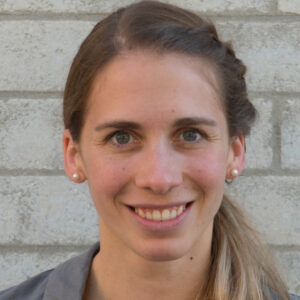
With Marlène Gerber, I discuss the evolution of women’s political power in Switzerland. She outlines the milestones on this long journey to political equality. One central question is why it took Switzerland so long to introduce women’s suffrage compared to many other countries. We discuss this and many other developments around women’s participation in Swiss politics.
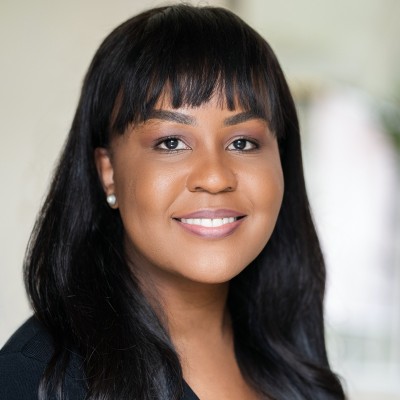
With Brenda Ogembo I discuss the many different facets of Kenya’s devolution since 2010. She explains the historic background of the struggle for political power between the center and the various regions and tribes of Kenya.
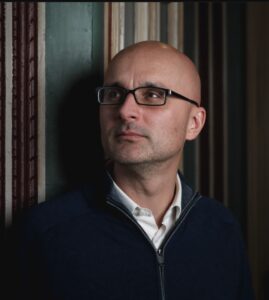

What are political institutions and how did they evolve over time? In this episode I tell the story of how small, local societies based on kin, were integrated into monarchies, and then finally made the transition to democracy. I start the episode by commenting on the devastating attack by Putin on Ukraine.

With Steffen Ganghof I discuss his recent book “Beyond Presidentialism and Parliamentarism: Democratic Design and the Separation of Powers” in which he studies and examines semi-parliamentarism and why he thinks political scientists should spend more time on design thinking
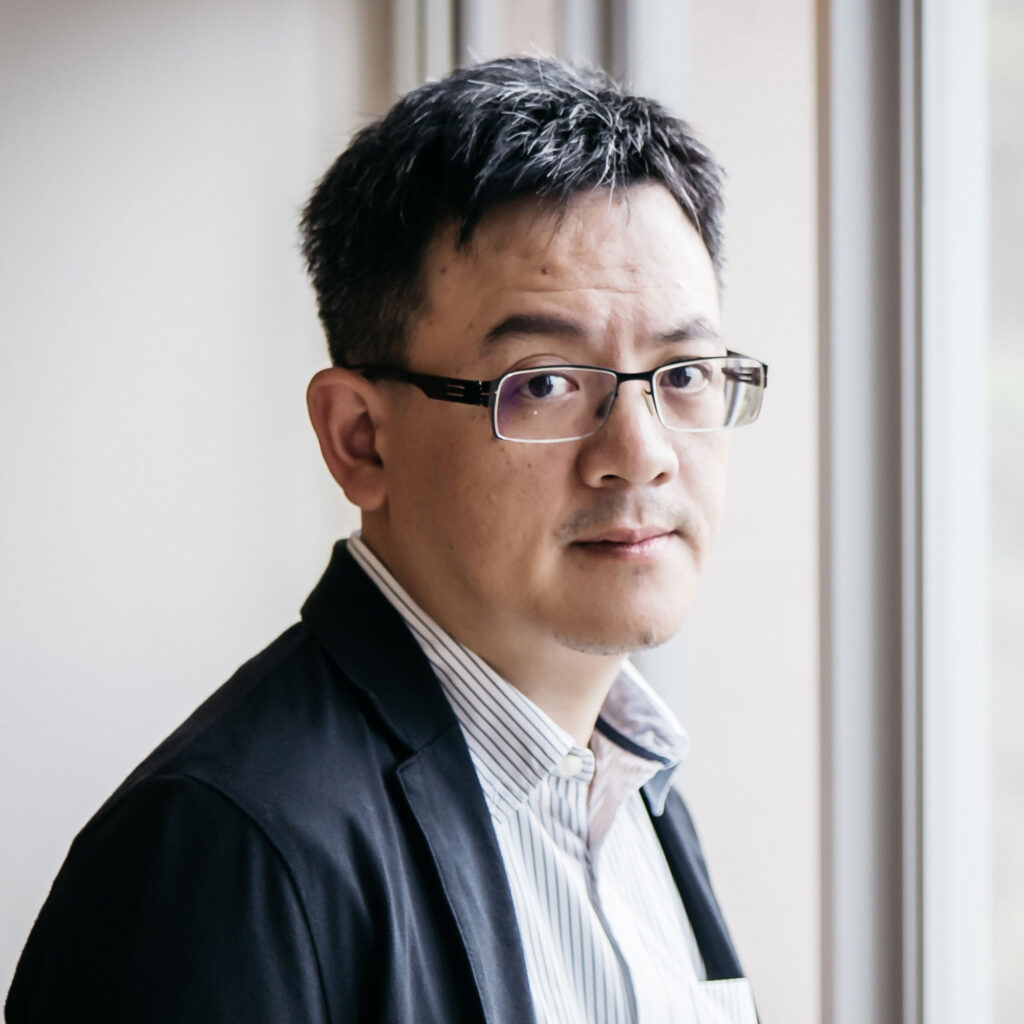
With Yen-Tu Su I discuss the astounding development of Taiwan’s direct democracy since its early days, and its crucial revisions and improvements in its usability since 2003. The initiative, referendum and recall are now used on a regular basis, which also led to controversial discussions about the right balance of representative and direct democracy.
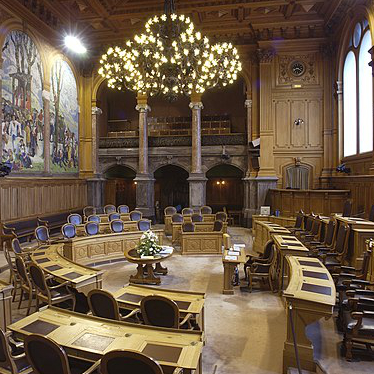
In this episode I propose to change the Swiss constitution to implement a single transferable vote electoral system to elect the members of the Council of States (called Ständerat in German). The Council of States is the Senate of Switzerland, the upper of two co-equal chambers, representing the 26 Cantons (states) in the federal government structure. The electoral reform would mean to use ranked choice ballots in two-seat electoral districts.

Can there be too much democracy? Who are anti-democrats and how do they undermine democracy? How can direct democratic instruments give people more decision making power? Are citizen assemblies a way to strengthen democracy? I discuss these and many more questions with Roslyn Fuller who has written extensively on defending democracy.
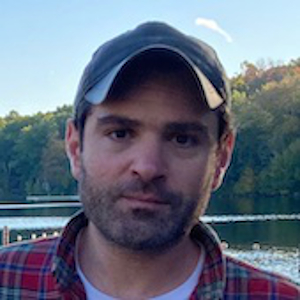
With Jack Santucci I discuss how electoral reform to introduce proportional representation (PR), for instance through open-list PR in multi-seat districts, could be an essential solution to the US political gridlock, making congressional elections more dynamic and leading to better representation. Jack has conducted some of the most comprehensive research on the history of US electoral reform, which is going to be published in his forthcoming book “More Parties or No Parties: The Politics of Electoral Reform in America” (Oxford University Press, July 2022).
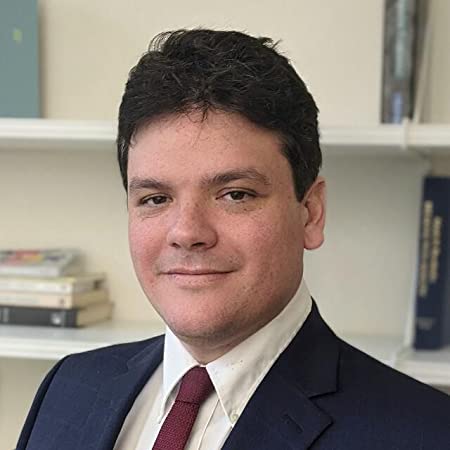
There are broadly speaking two forms of government: parliamentarism and presidentialism. My guest in this episode, Tiago Santos, has written a book on this topic titled “Why Not Parliamentarism?”. Together we discuss what are the important differences between the two systems, what are possible advantages and disadvantages, and about his opinion on whether the electoral law, for instance proportional representation, matters for the well-functioning of the government system.
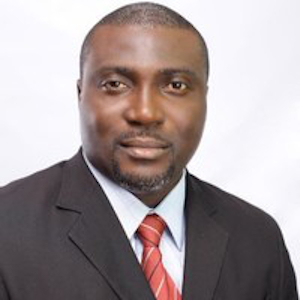
Nigeria’s youth is creative, vibrant and energetic. Nigeria’s youth has tremendous potential and wants to thrive. Greg Anyaegbudike shares how Nigerians strive and struggle to make their voices heard, and to keep governments at all levels accountable and also how Nigeria’s grass-roots political movements and NGOs try to build pressure on political institutions and how the local government level could be key for a more inclusive development.

What makes a political system a democracy? Should we be surprised when people lose faith in a system called democracy that is not democratic? What makes a political system more balanced and robust to extremist views? In this episode I want to take a step back and present some of my thoughts about the state of democracy around the world. I try to answer these questions and share my personal opinion of what democratic institutions make a system more democratic.
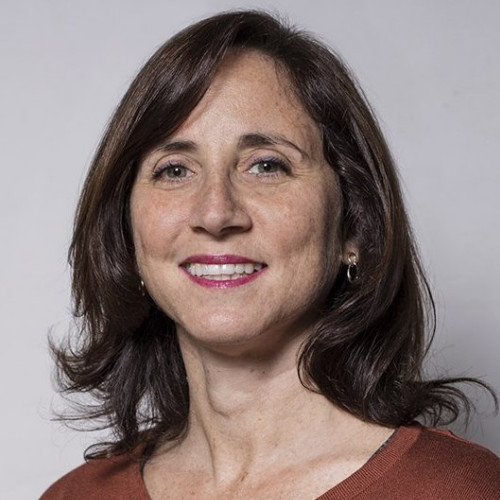
Chile is in the process of drafting a new constitution. The current constitution is rooted in the dictatorship of Pinochet and does not serve modern Chile. Claudia Heiss, recounts the years of repression, and how that shaped her motivation to become a researcher of democracy. She shares with us how public pressure on the streets of Chile has built up over years, and how people were injured and even killed while protesting for basic rights and better representation. Protests became so massive and fierce that the parliament was compelled to propose two referendums on a new constitution and a constitutional convention.
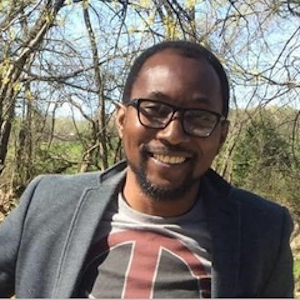
Nigeria has had a varied journey of democratic accountability and federal governance since its transition to a civilian rule in 1999. Myani Bukar is part of a new generation of ambitious Nigerians in the federal administration have brought a new dynamic into governance, eager to improve the social contract and make the federation deliver the dividends of democracy. and we discuss how local government politics could be centered around issues, rather than ethnicity or religion and whether a more proportional electoral system could be a solution to improve representation.
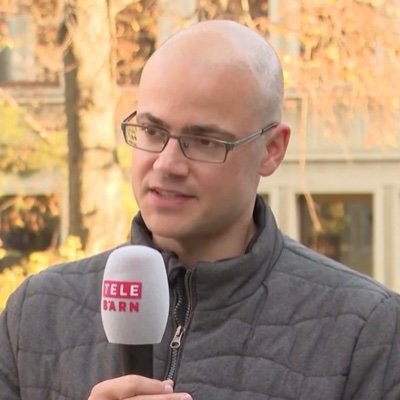
With Sean Müller I discuss power-sharing institutions as a crucial element of the success of Swiss democracy. The development of inclusive institutions was a long and troublesome process that started out with lots of social cleavages. Not only had two conflicting religious groups, the Catholics and the Protestants, to be integrated into democratic agreements, also four languages are spoken in the different regions, and 26 cantons have different cultures and traditions, and each wants to have a say. Switzerland thus was an unlikely case to become a consociational democracy.
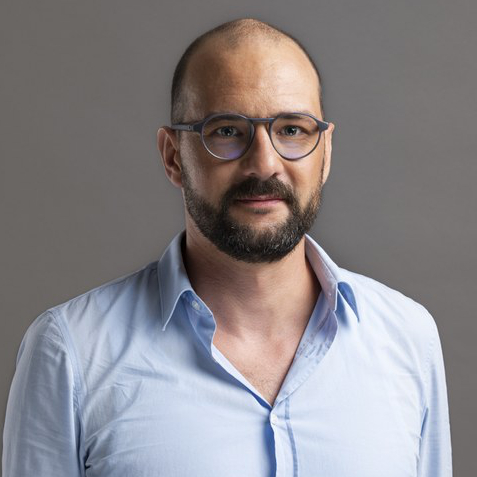
With Stefan Schlegel I discuss basic principles of direct democracy that make its use less controversial, less risky, more cohesive, and, not least, more democratic. Based on the examples of the Brexit referendum and the recent Swiss popular initiative to ban face veils (burqa ban), we debate some of the biggest problems and possible solutions when employing direct democracy as a political decision making tool.
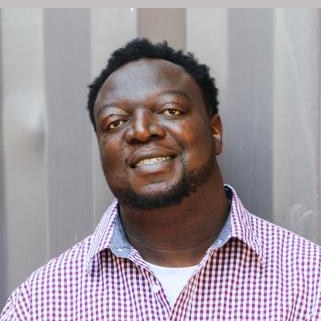
Political institutions and power have been changing in Zimbabwe since Robert Mugabe took power as a liberator from colonial oppression in the year 1980. McDonald Lewanika explains electoral institutions were more proportional and inclusive in the early 1980s, the dominant ruling party ZANU-PF changed the rules of the game over time to tighten its grip on power and how it was able to consolidate political power at the expense of the opposing political parties and the citizens of Zimbabwe.
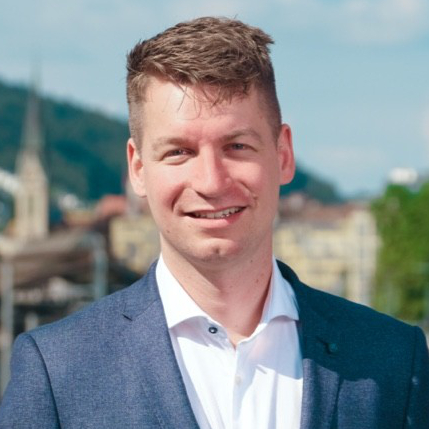
Cantonal assemblies (“Landsgemeinde” in German) in the town of Glarus have been held on the largest public square since 1387. In this episode, I welcome my first guest, Pascal Vuichard and discuss with him one of the oldest democratic institution in the world. Pascal Vuichard has taken part in the assembly as a voter, a speaker, and a member of parliament, and he is thus best placed to share stories and achievements of the institution based on his first hand experience.

How can we divide and decentralize elite political power? How can we prevent power grabs and reduce the influence of lobbyists? In this episode I briefly discuss four institutions that are capable of diffusing political power and give citizens more control over the political process.

Can the American democracy be as colorful, as diverse, as productive, and as creative as the American people? Democrats and Republicans dominate the political agenda and are the gatekeepers of democratic reform. Only a change of the electoral system to make the House of Representatives more representative of the American people can change the US political landscape and make it truly American: competitive, diverse, and inclusive. This would be the “Political American Dream”.

This trailer presents the podcast: Rules of the Game – discussing democratic institutions. It briefly introduces the host, Stephan Kyburz, and provides an overview of the manifold questions that the podcast will pose, discuss and answer. It outlines the interesting journey ahead of debating how institutions determine the way political power is divided and shared among people in democratic societies. How can we create rules that allow everyone to thrive?
